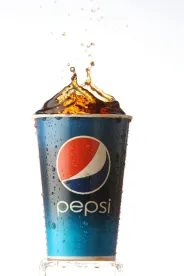Washington State Initiative 1634 would ban local taxes on groceries. The initiative defines groceries as “any raw or processed food or beverage, or any ingredient thereof, intended for human consumption except alcoholic beverages, marijuana products, and tobacco. The ban would not apply to existing taxes, including Seattle’s sweetened-beverage tax (see our January 2, 2018, blog for more information on the Seattle tax).
Washington’s Initiative 1624 will be on the November 6 ballot. (Proposed initiatives needed to be submitted to the state by July 6 and include at least 259,622 signatures of registered voters to be certified and included on the November ballot.) However, according to a recent poll, only 31% of voters supported the initiative, while 51% were opposed. The poll, conducted by Elway Research for Crosscut, surveyed 400 registered voters Oct. 4-9. Elway Research president Stuart Elway explained that the high number of voter against the measure could be due to voter confusion since it is counter-intuitive to vote yes for a tax-related initiative when you oppose taxes.
Another tax preemption measures that will be voted on next month is Oregon’s Measure 103, which would prohibit the state and local jurisdictions from imposing taxes on groceries. The measure defines groceries as “raw or processed food or beverages intended for human consumption,” excluding alcohol, tobacco, and marijuana. A poll, conducted between Sept. 24-Oct. 7 by Riley Research Associates, found that 40% of the 356 likely voters interviewed supported the measure. (More information on Oregon’s Measure 103 and the poll can be found here.)
These attempts to ban new soda and grocery taxes follow California imposing a ban on new soda taxes until 2030, which was signed into law in June of this year (see our July 2, 2018 blog for details).



 />i
/>i

